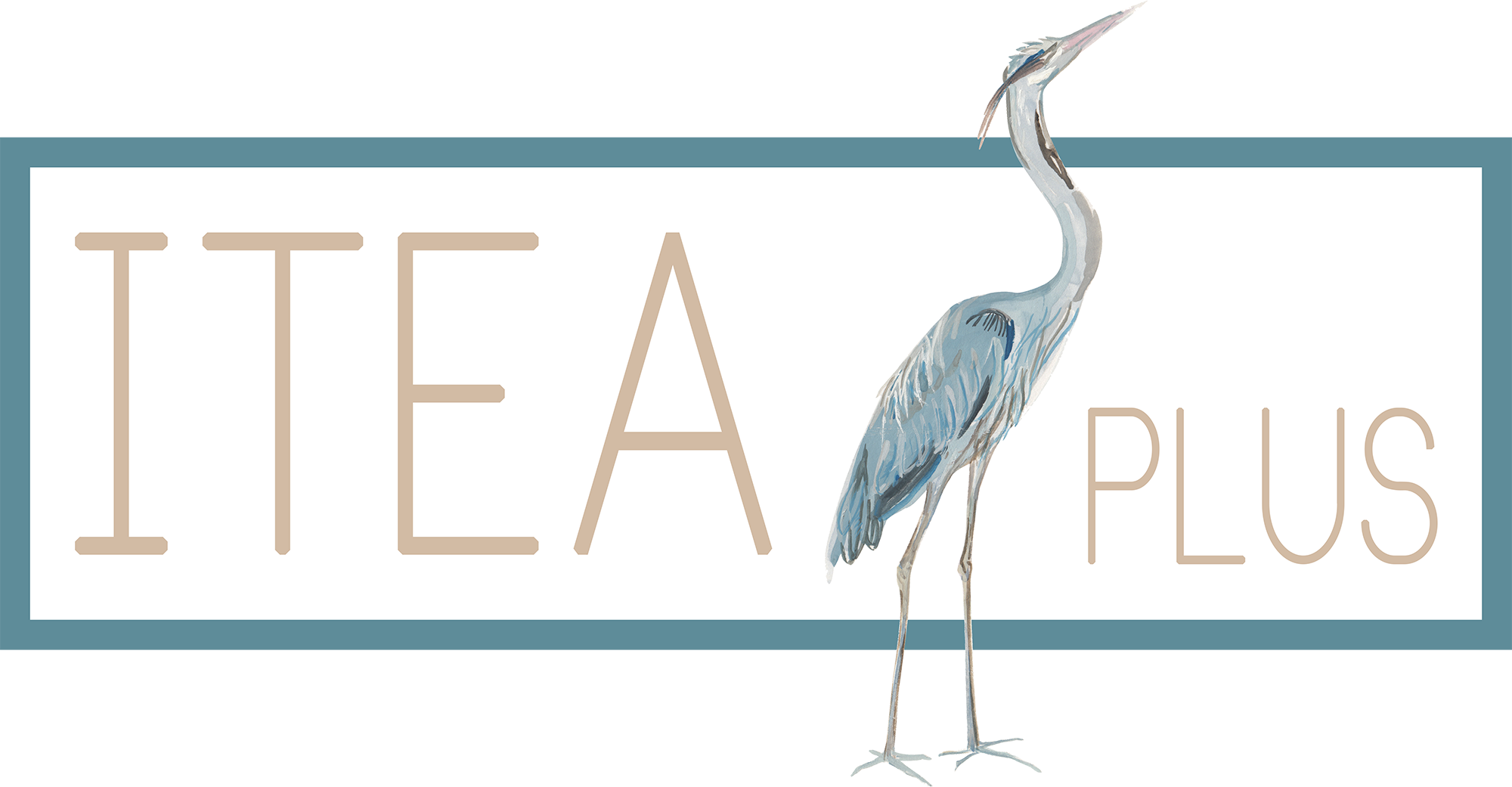Common Symptoms
Palafox, C.A. and Hernández, T.D., (2012) Acupressure Self-Administration Proficiency Manual, University of Colorado, including adaptations from2-8.
Palafox, C.A. and Hernández, T.D., (2012) Acupressure Self-Administration Proficiency Manual, University of Colorado, including adaptations from2-8.
Find Your Symptom
- See the 3 categories of symptoms below.
- See their corresponding acupressure points in blue.
- Click on your symptom’s blue acupressure point to see a short training video and written how-to instructions.
- Don’t see your symptom? Enter it into the search box below, OR request your own Personalized Treatment Plan that includes a practice schedule!
Physiological Symptoms
Addictions – 14, 23
Adrenals – 23
Appetite – 13
Bowel elimination – 2, 8, 16
Brain functioning – 17, 20
Breathing/Respiration – 1, 2, 3, 9, 10, 13, 19
Cardiovascular System – 10, 15, 22, 23
Digestion – 1, 2, 6, 7, 13, 16, 19
Dizziness – 4, 6, 9, 10, 14
Energy levels – 2, 5, 15, 19, 21, 25
Eyes/vision – 4, 20
Focused attention – 17
Foot complaints – 9
Head injury – 24
Headaches/Migraines – 1, 4, 6, 16, 18
Hearing – 5, 20
Heart – 17
Immune system – 3, 23
Insomnia – 4, 18
Joints – 5
Lymphatic system – 26
Nausea reduction – 7, 13, 14
Nervous system – 17, 23
Numbness and tingling- 26
Paralysis – 16
Relaxation – 25
Reproduction – 2, 8, 13, 16, 17
Sinuses – 21
Speech/Voice – 10, 16
Stomach aches – 18
Strains, sprains, broken bones – 15
Teeth/gums – 8
Throat/tonsils – 4
Weight – 21
Structural Symptoms
Ankles – 5, 9, 17
Arms/Hands – 6, 11, 12, 26
Back – 2, 5, 6, 7, 9, 10, 16, 18, 19, 23
Breasts – 17, High 19
Chest – 3, 5, 6, 7, 9, 10, 13, 14, 19, 20
Diaphragm – 14
Ears – 20
Eyes – 20
Feet – 3, 9, 15, 16
Hips – 5, 6, 7, 9, 10, 11, 14, 15
Jaw – 4
Knees – 10, 14
Legs – 1, 2, 4, 11, 14, 15
Lower Back – same side 2 and 15
Neck – 3, 4, 10, 11, 12, 13
Ribs – 18
Shoulders – 3, 5, 6, 10, 11, 13, 24
Throat – 10, 12
Mental/Emotional Symptoms/States of Being
Adaptability / Adjust to new conditions – 22
Angry / Anger – 3, 14
Anxious / Anxiety – 7, 17, 21, 26
Depression / Depressed – 15
Doubt – 21
Envy – 24
Fearful / Fear – 5, 23
Frustrated – 3
Grounded / Well Balanced – 5, 18
Grudging / Malice / Unwilling / Reluctant– 16
Joy / Happy / Happiness – 15
Life Changes – 7
Lucid Mind – 16
Memory – 20
Mental Clarity / Focus – 4
Optimism / Optimistic – 11
Peace of Mind / Safe / Equanimity – 22
Pioneering / Innovating / Creative – 16
Planning / Decision Making – 4
Procrastination – 22
Release of Old Psychological “Baggage” – 8
Releasing the Old / Embracing the New – 5
Rumination – 21
Self-Acceptance / Self-Understanding / Self-Love – 12, 26
Self-Criticism / Self-Compassion – 4
Speaking One’s Truth / Integrity / Forthright / Outspoken – 10
Stress Management – 23, 25
Worried / Worrying – 1, 21, 26
Additional Symptoms List
To REDUCE FATIGUE AND PROMOTE ENERGY: click on the link to hold both 25’s, simultaneously; or click on the spleen meridian shortcut link.
SORE THROAT: click on the small intestine meridian shortcut link.
For COUGHING: click on the link to hold both high 1’s, simultaneously.
TO PROMOTE SLEEP: hold the following point pairs simultaneously and click on the link to review their location: 14’s, or 18’s, or 22’s, or 26’s; or, click on the stomach meridian shortcut link; or, click on the gall bladder meridian shortcut link; or click on the Main Central Vertical link.
HEADACHES: for general headaches: click on the link to hold both 1’s simultaneously; or click the liver meridian shortcut link; or, the click on the spleen meridian shortcut link, or, click on the gall bladder meridian shortcut link, or, for frontal headaches: click on the link to hold both 20’s simultaneously; or, for headaches on the back of the head: click on the link to hold both 4’s simultaneously; or, for headaches on top of the head: click on the link to see the first step of the Main Central Vertical.
To PROMOTE MENTAL CLARITY: click on the link to hold both 4’s simultaneously or, click on the small intestine meridian shortcut link.
Palafox, C.A. and Hernández, T.D., (2012) Acupressure Self-Administration Proficiency Manual, University of Colorado, including adaptations from2-8.
